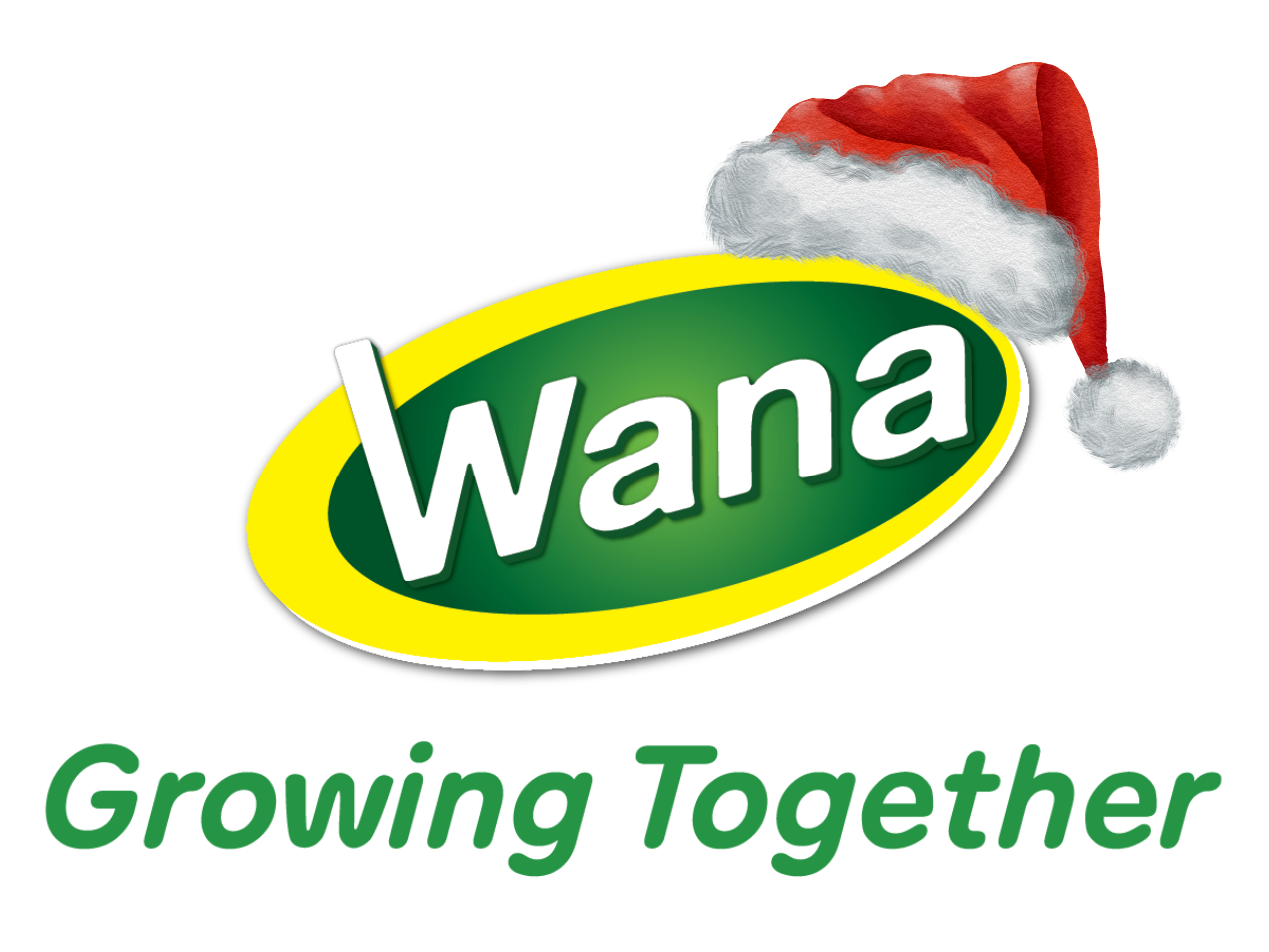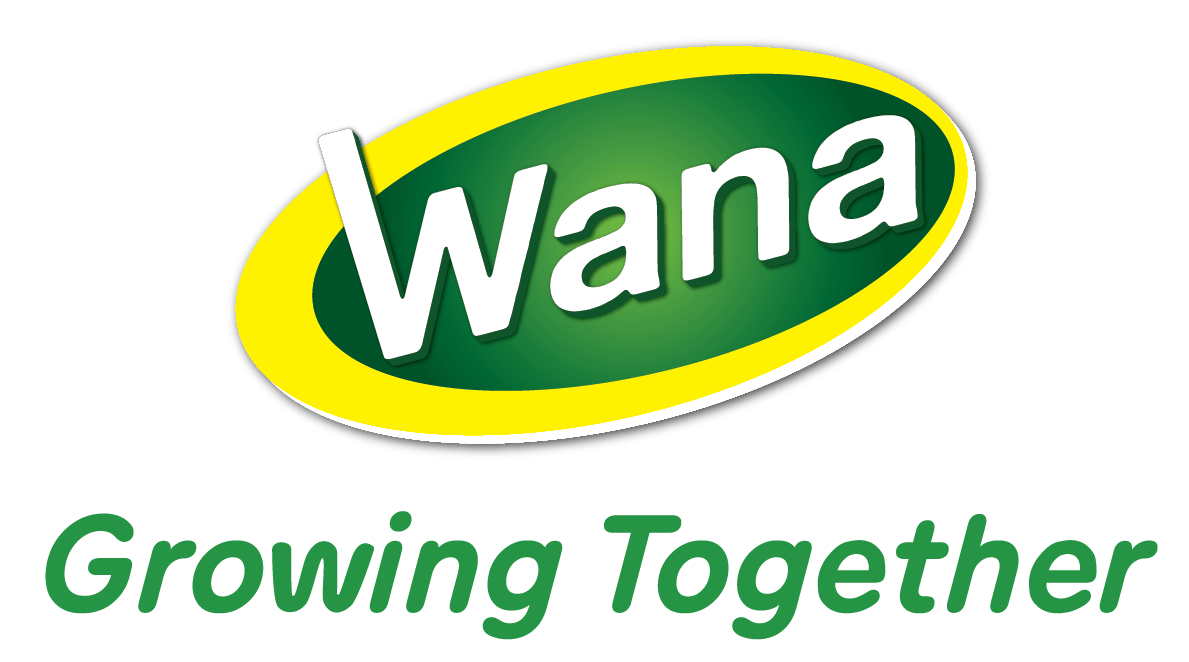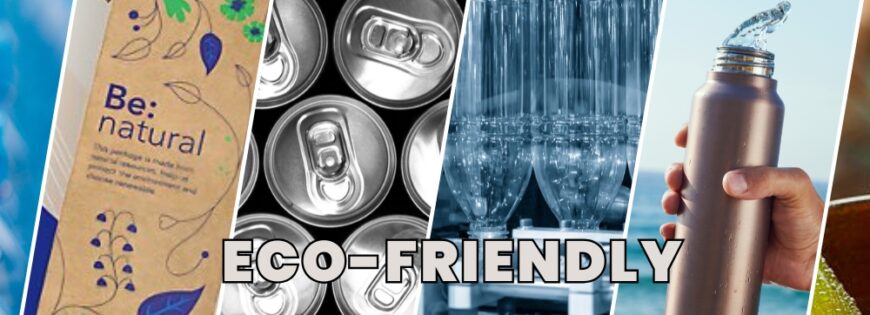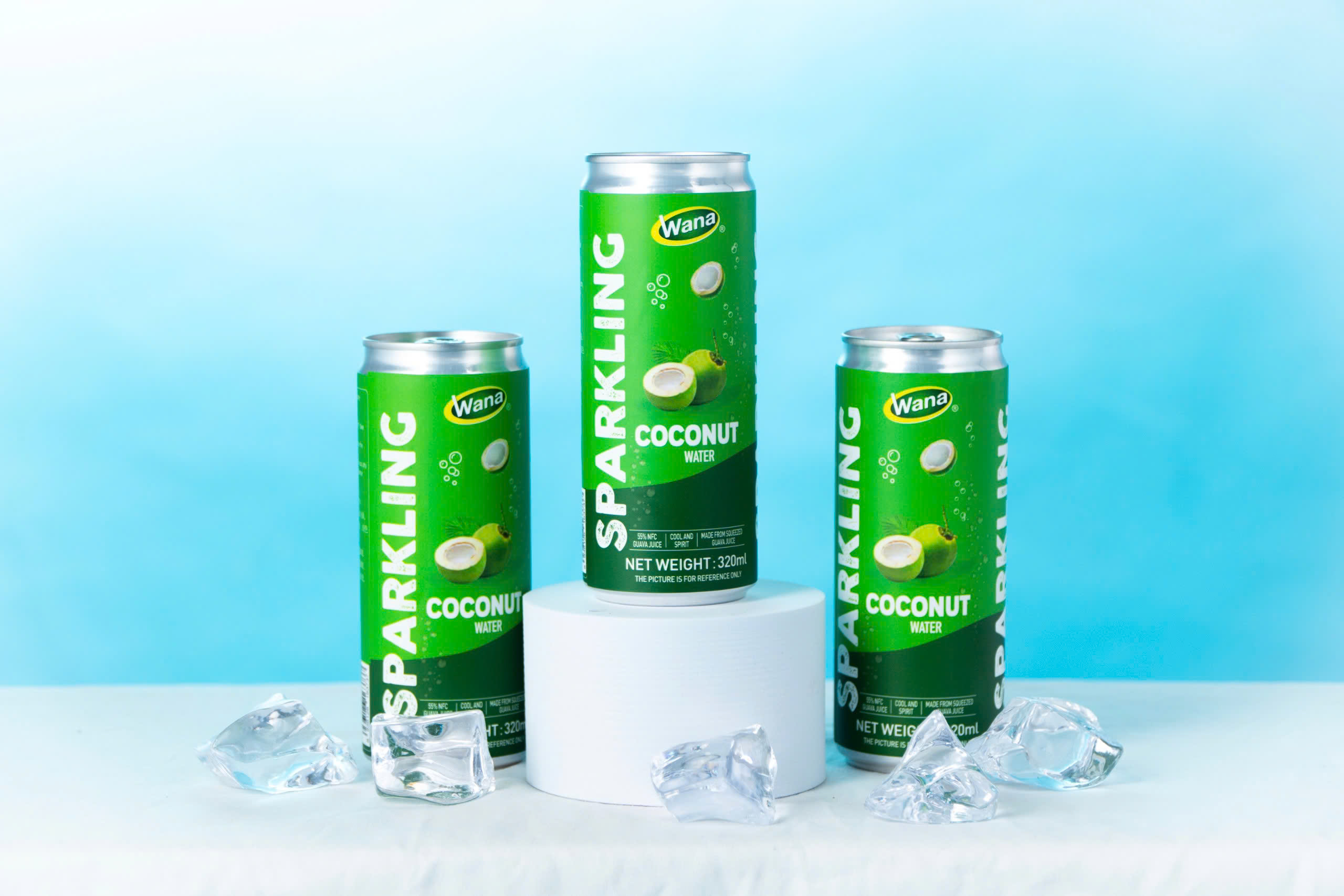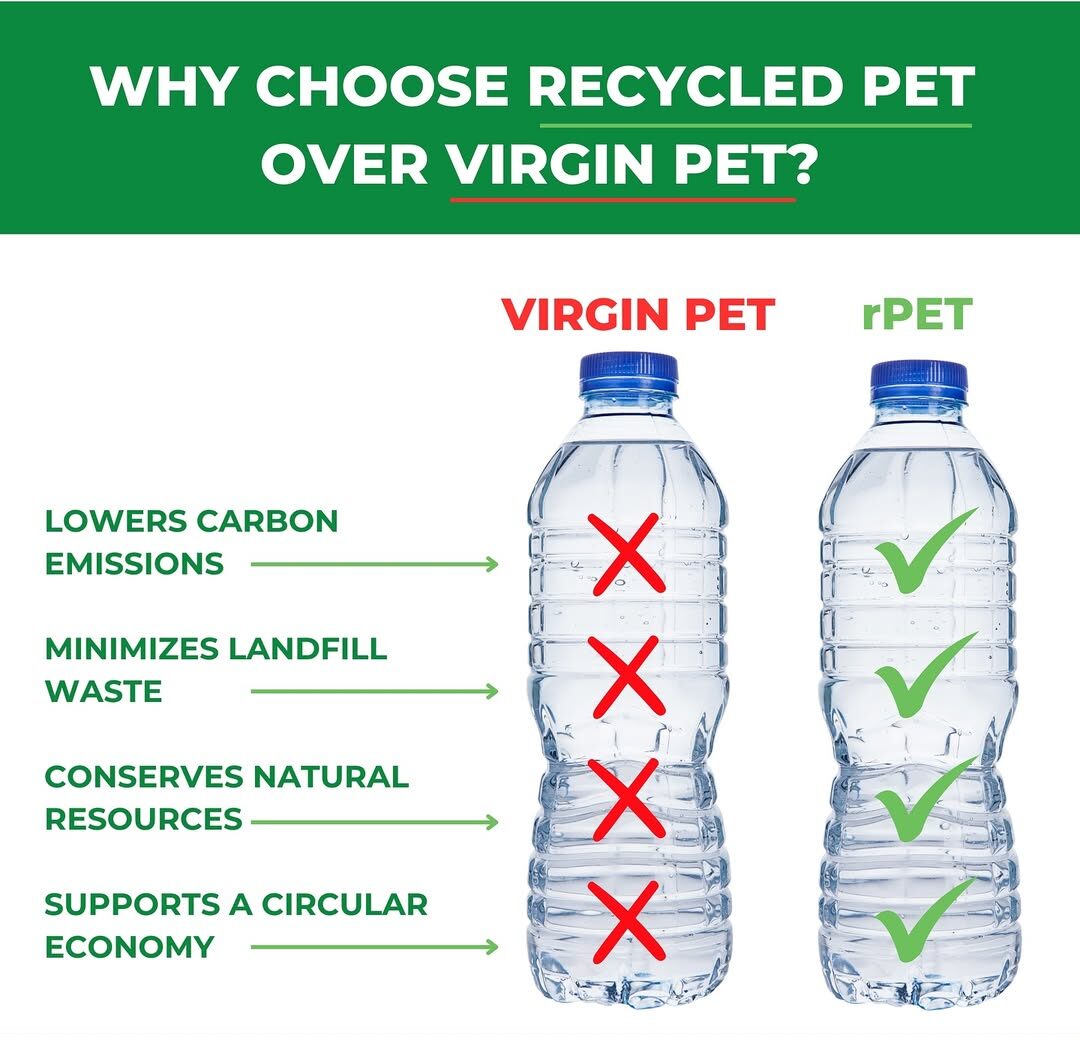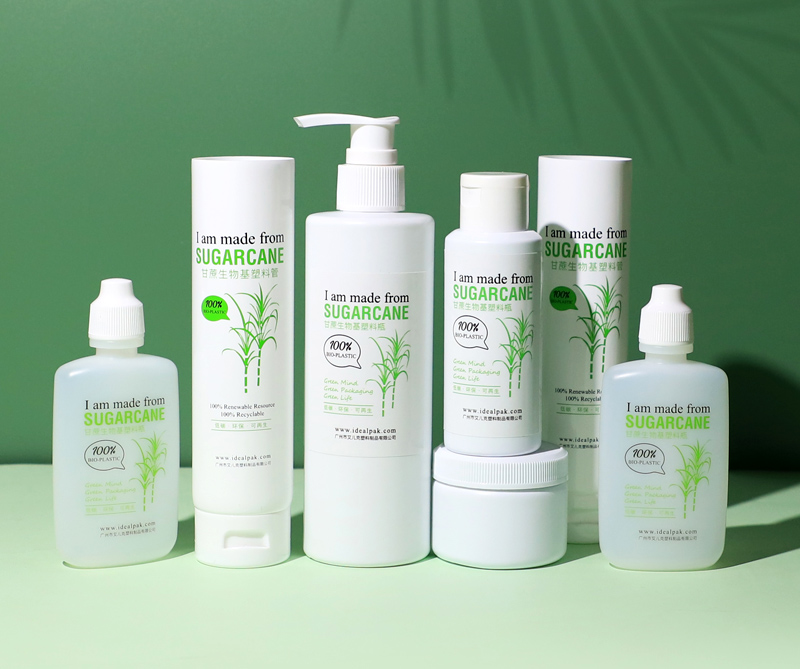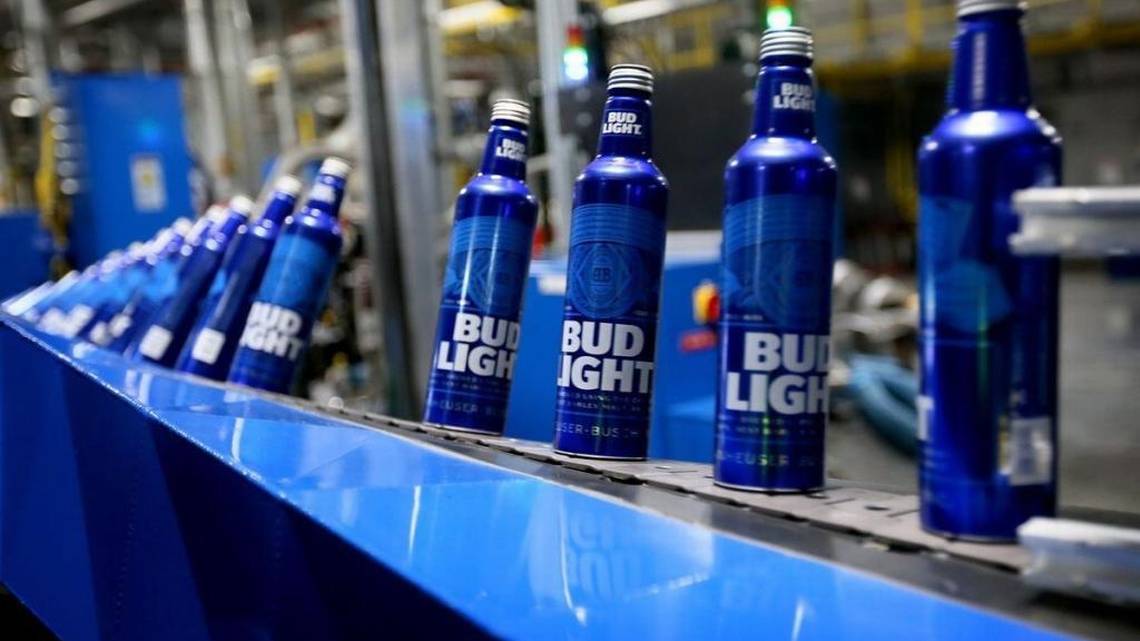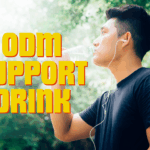In today’s fast-evolving beverage market, sustainability is no longer a trend—it’s a necessity. As consumers become more conscious of environmental impact, brands are expected to adopt eco-friendly solutions that don’t compromise on quality, design, or logistics. For private label brands looking to export, the packaging must not only reflect environmental values but also withstand the demands of global shipping and meet diverse market expectations.
Here are six sustainable beverage packaging formats that combine functionality, aesthetics, and environmental responsibility—each offering unique advantages depending on the product type and market positioning.
#1: Aluminum Cans – The Icon of Recyclability and Convenience
Aluminum cans have long been a favorite in the beverage industry—and for good reason. Not only are they lightweight and highly durable, but they are also infinitely recyclable without any loss of quality. This makes them a practical and eco-conscious choice for all kinds of drink from sparkling beverages, energy drinks to kombucha.
With strong protection against light and oxygen, aluminum cans help preserve flavor and carbonation during long-distance shipping. Their compact shape and low weight also optimize container space, reducing freight costs. For brands looking to maintain freshness, reduce environmental impact, and offer convenience, aluminum cans deliver on all fronts.
#2: rPET Bottles – A Smarter Way to Use Plastic
If you’re seeking a balance between sustainability and familiarity, rPET (recycled PET) bottles are an excellent option. Made from post-consumer recycled plastic, these bottles significantly reduce the need for virgin plastic while maintaining the same functionality and appearance consumers expect.
rPET bottles are shatterproof, lightweight, and easy to stack—making them ideal for coconut water, functional drinks, and protein shakes intended for export. While they are still plastic and depend on strong recycling systems, their use sends a clear message about your brand’s commitment to circular solutions.
#3: Glass Bottles – The Premium, Reusable Classic
For brands positioning themselves as premium or artisanal, glass bottles remain unmatched in aesthetic and product preservation. Completely inert and impermeable, glass protects the taste and integrity of high-end products like chia seeds, kombucha, cold-pressed juice, and botanical drinks.
Though heavier and more fragile than other formats, glass adds a touch of sophistication that appeals to conscious consumers willing to pay more for quality. With proper packaging and palletization, glass bottles can be safely exported—and even reused in certain markets with deposit systems.
#4: Tetra Pak – Smart, Space-Saving, and Shelf-Stable
Tetra Pak cartons offer a practical and eco-conscious alternative for shelf-stable beverages such as juice, iced tea, coconut water, or plant-based milk. Made primarily from renewable paperboard and requiring minimal energy for transport and refrigeration, Tetra Pak is ideal for brands looking to optimize logistics and reduce their carbon footprint. It also performs well in export scenarios due to its compact form, stackability, and excellent barrier properties. While recycling infrastructure varies by country, many markets now support Tetra Pak collection, further enhancing its sustainability credentials.
#5: Sugarcane-Based Plastic Bottles – Renewable and Consumer-Friendly
A modern innovation in bio-packaging, sugarcane-based plastic bottles look and feel like conventional PET bottles but are derived from renewable plant sources instead of petroleum. This reduces carbon emissions while maintaining full compatibility with existing filling and recycling systems. These bottles are a solid option for isotonic drinks, coconut water, or daily health beverages targeting eco-conscious consumers. Though they are not biodegradable, they offer a meaningful step away from fossil-fuel plastics without sacrificing consumer experience or supply chain practicality.
#6: Aluminum Bottles – Where Durability Meets Modern Elegance
For brands aiming to combine durability, reusability, and high-end appeal, aluminum bottles are a compelling packaging solution. These sleek containers offer excellent product protection while standing out on the shelf with a premium look. Their reusability and full recyclability make them perfect for limited editions, sparkling drinks, or kombucha, especially in markets with advanced recycling or refill systems. Although more expensive than traditional cans or PET bottles, aluminum bottles position your brand at the forefront of sustainability and innovation.
Conclusion: Choosing the Right Sustainable Packaging for Your Brand
The choice of packaging goes beyond function—it reflects your brand’s values, vision, and long-term impact. Whether you’re launching a line of sparkling juices or expanding into new global markets with coconut water or kombucha, selecting the right eco-friendly packaging is essential for your success. At WANA, we work closely with private label brands to develop export-ready beverage solutions that are as sustainable as they are strategic.
Ready to bring your sustainable vision to life? Contact us to learn more!
